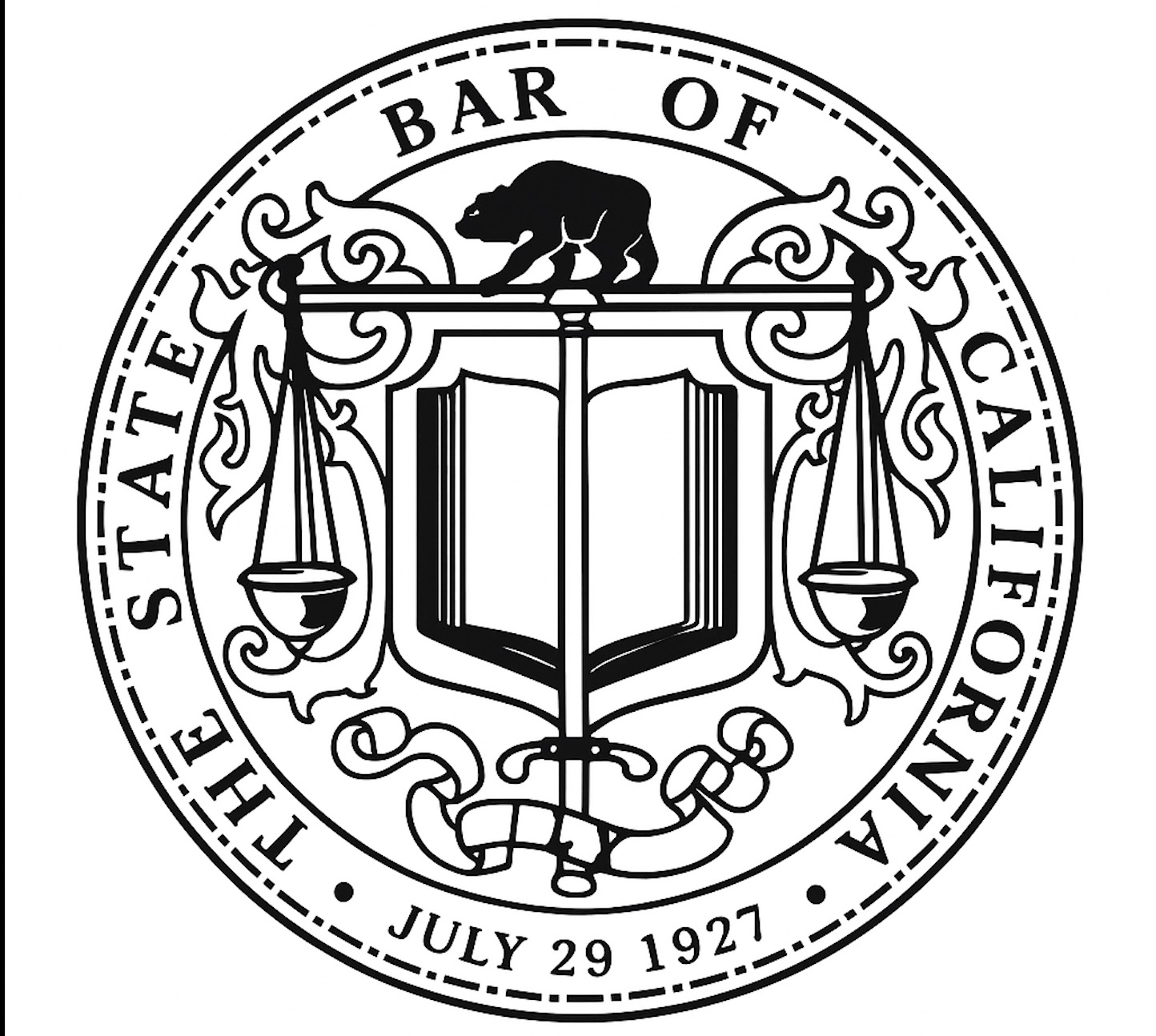Civil Rights and Constitutional Law in California: A State as Constitutional Laboratory
California has long functioned as both a safeguard and an innovator in the realm of civil rights. While the U.S. Constitution provides a national baseline of rights through provisions such as the First, Fourteenth, and Fifteenth Amendments, California’s Constitution and statutory framework frequently expand upon these guarantees. This dual system creates a dynamic legal environment where federal and state constitutional principles interact in ways that often set precedents for the rest of the country.

Free Speech Beyond the Federal Baseline
The First Amendment prohibits government restrictions on expression, but California has broadened the scope of these protections under its own constitution. The seminal case of Pruneyard Shopping Center v. Robins (1979) illustrates this divergence. There, the California Supreme Court held that the state constitution’s free speech clause applies not only to public spaces but also to certain private venues that serve as modern gathering places, such as shopping centers.
The U.S. Supreme Court, in a rare affirmation of a state’s right to expand constitutional rights, upheld this decision. By doing so, California established a principle that private property rights, while significant, may yield to broader interests in democratic participation and public discourse. This doctrine remains highly relevant as new “quasi-public” spaces social media platforms, for instance, test the boundaries of speech protections in the twenty-first century.
Privacy as a Constitutional Right
Perhaps the clearest example of California’s independent constitutionalism is its explicit right to privacy. Article I, Section 1 of the California Constitution enshrines privacy as an inalienable right, a provision added by popular vote in 1972 amid growing concerns over government surveillance and corporate data collection.
This provision has served as the foundation for modern statutory innovations, including the California Consumer Privacy Act (2018) and its subsequent amendments under the California Privacy Rights Act (2020). These laws give residents unprecedented control over how businesses collect, use, and share personal data. At a time when the federal Constitution does not expressly recognize a general right to privacy, California’s constitutional framework positions the state at the forefront of data protection and civil liberties.

Voting Rights and Democratic Inclusion
California has also advanced civil rights through robust protections for voting access. Whereas other states have adopted restrictive voter ID laws or curtailed early voting, California has moved in the opposite direction. The state guarantees same-day voter registration, universal vote-by-mail, and pre-registration for 16- and 17-year-olds. These policies reflect the state’s reliance on both federal constitutional principles particularly the Equal Protection Clause of the Fourteenth Amendment and the Voting Rights Act of 1965 and its own broader constitutional commitment to political participation.
By removing structural barriers to voting, California reinforces the principle that suffrage is not merely a formal right but a substantive one that must be meaningfully accessible. This approach underscores an evolving understanding of equal protection as requiring proactive inclusion rather than mere neutrality.

California as a Constitutional Bellwether
California’s constitutional jurisprudence exemplifies Justice Louis Brandeis’s famous characterization of states as “laboratories of democracy.” By extending free speech protections into private spaces, elevating privacy to the level of an inalienable right, and expanding access to the ballot, California has charted a course that often precedes national change.
These innovations highlight the interplay between state and federal constitutional law: while the U.S. Constitution sets the floor for civil rights, states like California can raise the ceiling. As issues of speech, privacy, and political participation evolve in the digital age, California’s constitutional model will likely remain a touchstone for courts, scholars, and policymakers across the nation.













